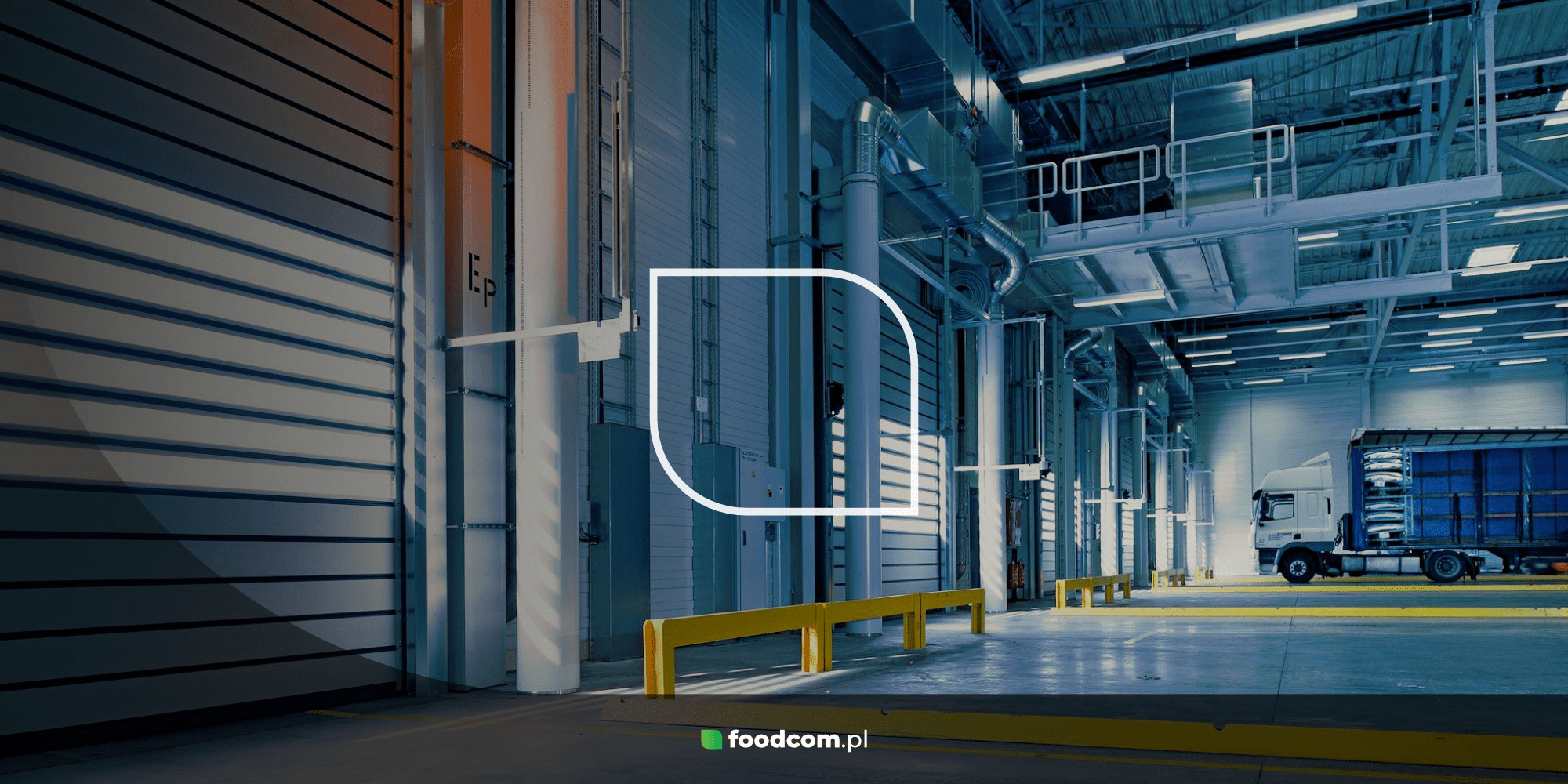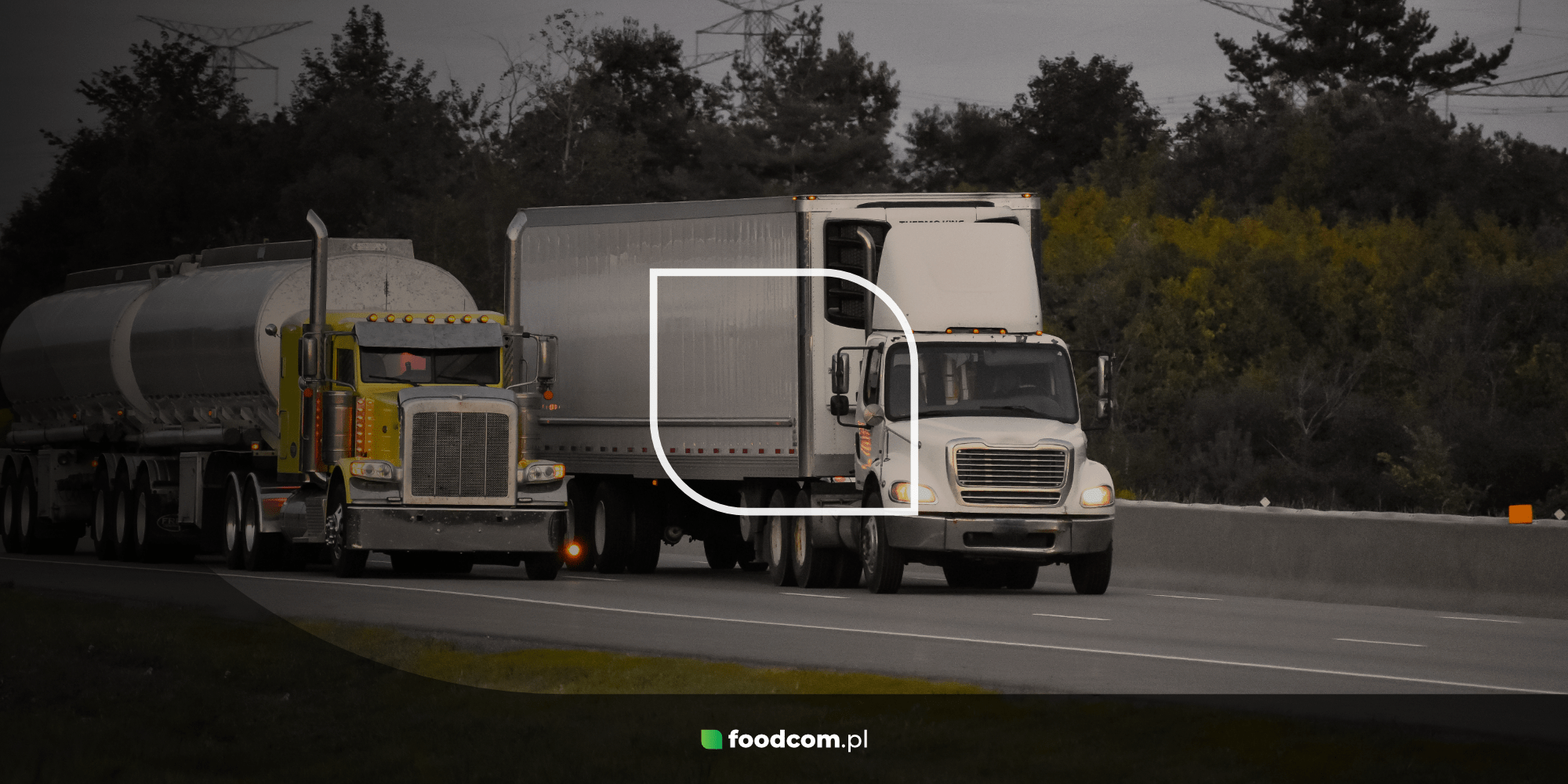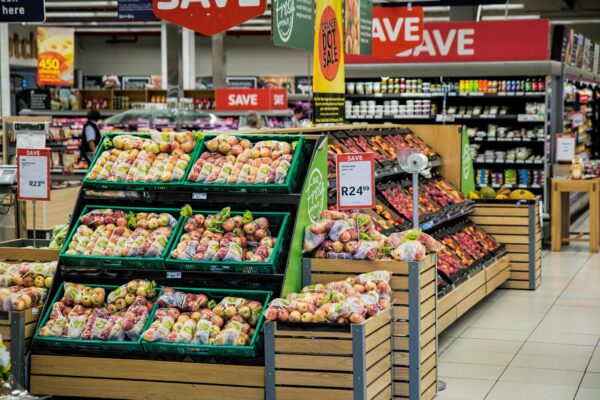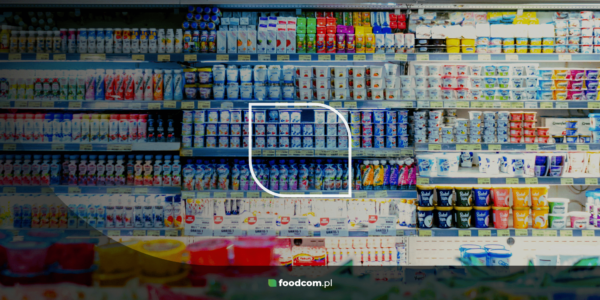- Refrigerated transport ensures the freshness and safety of food products.
- Key principles include maintaining the right temperature and monitoring storage conditions.
- Modern technologies, such as GPS systems and multimodal transportation, streamline the entire process.
- Compliance is essential to guarantee the high quality of the products delivered.
Transport is an important part of today’s food supply chain. Globalisation has made it possible to supply consumers in many parts of the world. The transport of food brings with it many problems; meeting high quality or safety standards is a challenge for transport companies, which have to implement complex technological or organisational solutions.
Challenges in food transport
The transport of food products is a very complex process. It is influenced by many quality and safety factors. The complexity of the process is due to the wide variety of products and the need to adapt safe transport conditions to each commodity group separately.
Specific requirements for different food categories
The variety of food products requires a different approach to transport. Meat, fish or dairy products require transport at lower temperatures. Fruits and vegetables, although also sensitive to transport conditions, require humidity control and airflow to keep them fresh. Dry products such as grain need to be protected from moisture and pests.
Temperature and hygiene control
One of the challenges is the need to maintain the right temperature. For frozen products, very low temperatures are required to be maintained. Chilled products should be transported between 0°C and 4°C. Any deviation from the nominal values can lead to deterioration of the goods. In extreme cases to the risk of health and life of consumers.
Delivery time
Food transport is often under time pressure. Fresh products such as dairy and meat need to be delivered quickly and efficiently as they have a short shelf life. Delay can result not only in financial losses, but also in food waste. This is a social problem.
International regulations and customs requirements
Globalisation requires food to be transported over very long distances. This often involves crossing the borders of many countries. The variety of regulations for the import and export of food products can cause organisational difficulties. Sanitary requirements, certificates of origin and phytosanitary inspections are just some of the many elements that need to be taken into account in international transport.
Environmental impact
The transport of foodstuffs has a significant impact on the environment. It generates huge amounts of greenhouse gas emissions, mainly carried by air. The growing environmental awareness of society is forcing companies to look for greener alternatives. Shippers are turning to modern innovations, including electric cars, and trying out alternative energy sources.
Solutions used in food transport
To overcome these obstacles, the transport sector is implementing several pioneering strategies. Companies are allocating funds for improvements and methods that increase transport efficiency and reduce the risk of product quality loss.
Modern vehicles and refrigeration technologies
The transport of food products in refrigerated trucks is made possible by sophisticated refrigeration mechanisms. Modern vehicles are equipped with sensors that instantly measure temperature and humidity, allowing potential problems to be quickly identified and resolved.
Digitisation and automation of processes
Digitalisation is one of the key trends in logistics. With modern inventory control systems, companies can track the shipping process from loading to delivery to the consumer. This framework makes it easier to optimise routes, reducing transit times and fuel expenses.
Flexibility in delivery organisation
Moving foodstuffs requires adaptability, especially due to changing market dynamics and consumer preferences. Companies modify their offerings to meet the requirements of their counterparties, guaranteeing on-time delivery and complete supply chain management.
Sustainable transport
Transport operators are gradually implementing green alternatives to counter environmental problems. The use of electric cars, the financing of renewable energies and the optimisation of paths are all tactics used to reduce greenhouse gas emissions.
Cooperation and integration in the supply chain
Efficient food distribution requires close collaboration between producers, transporters and consumers. Companies are prioritising the creation of sustainable trade links and linking transport operations, facilitating better planning and delivery of shipments.
Food transportation requires precision, modern technology and efficient management. The main hurdles are to ensure product safety, fast shipping and care for the environment. Foodcom S.A. sets standards through innovation, digitalisation and environmental initiatives. Efficient food distribution helps protect the environment and improves consumer welfare.








![Dairy market forecast: do rising cream and butter prices herald a price boom? [245th Edition of DAIRY Newsletter] Dairy market forecast: do rising cream and butter prices herald a price boom? [245th Edition of DAIRY Newsletter]](https://foodcom.pl/wp-content/uploads/2024/06/Foodcom_SA_Dairy_Newsletter_3-600x300.jpg)



